The 64 next-generation megaprojects that will astound you
We're thinking Mars colonies, tube transportation, floating islands and underwater cities
Thomas Frey //June 17, 2016//
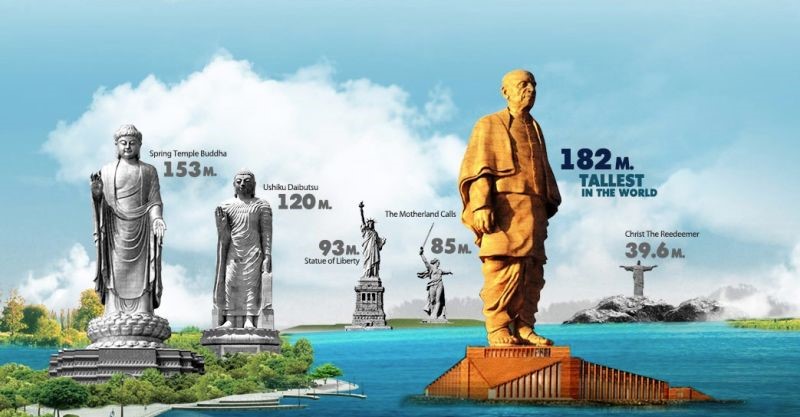

The 64 next-generation megaprojects that will astound you
We're thinking Mars colonies, tube transportation, floating islands and underwater cities
Thomas Frey //June 17, 2016//
(Editor's note: This is the second of two parts. Read Part One.)
It’s easy to look at the world’s top 10 bridges and try to build something bigger, taller, longer or more artistic than any of the ones currently in existence. The same thinking applies to creating the next tallest building, largest cruise ship, longest tunnel, most popular theme park or grandest stadium.
At the same time, we are seeing a form of blue-ocean thinking creeping into the megaproject arena that includes never-been-done-before projects like colonizing Mars, tube transportation networks, floating islands and underwater cities. Here are a few megaprojects that have the potential to inspire the world for generations to come:
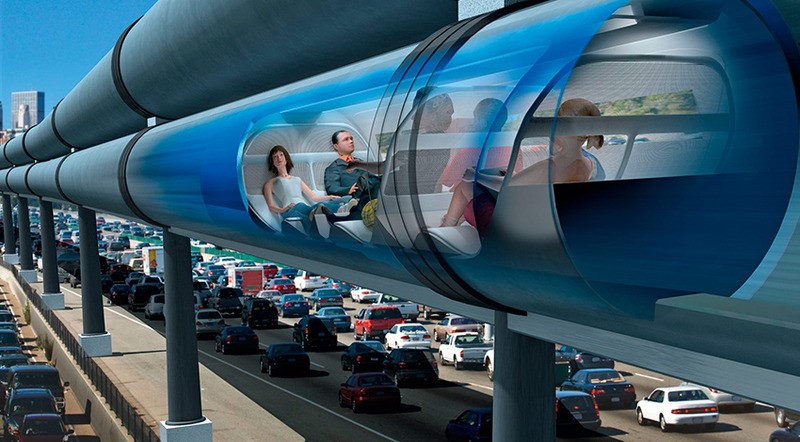
Will global tube transportation networks be coming to a megacity near you?
Global Infrastructure – All global systems need a point of origin, and the point of origin will typically turn into the global center of knowledge and operation for the industry it creates.
- Global Tube Transportation Project – ET3, Hyperloop, or something else.
- Whole Earth Automated Postal System – Delivering packages anywhere on earth without ever touching human hands.
- Global Wi-Fi Network – Connected anywhere at anytime.
- Global Genealogy Systems – For humans, plants, and animals including standards.
- Global Ownership Authority – To govern standards and regulations, for personal ownership rights.
- Global Privacy Standards – Adoptable by every nation on earth.
- Global Ethics Standards – Including courts for oversight.
- Electronic Borders – For countries to monitor all the inputs and outputs through their borders.
Space Industries – Every major space project has a huge ground support team all hoping to be part of that next great interplanetary mission.
- Space resorts
- Asteroid mining
- Space-based power stations
- Space elevator
- Colonizing other planets
- Traveling faster than the speed of light
- Satellite Shooters – To shoot satellites into space.
- Constellations of Floating Wi-Fi antennas, solar powered planes, floating balloons, cubesats, and more to provide Wi-Fi to the entire world.
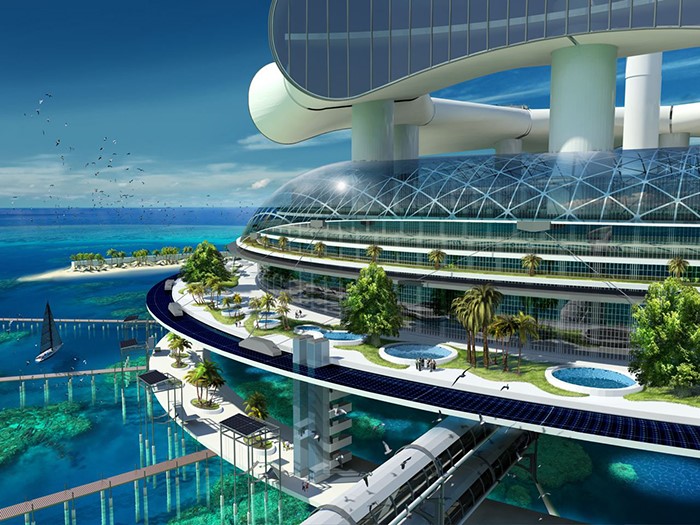
Architect Richard Moreta Castillo envisions a self-sufficient eco-resort, called Grand Cancun
Ocean Industries
- Floating island resorts
- Floating farms – for grains, fruits, vegetables
- Open ocean aquaculture mega farms – for raising underwater sea plants and animals
- Floating countries
- Underwater museums
- Underwater arboretums
- Ocean wave power generators
- Freshwater factories – turning saltwater into freshwater
Controlling Extreme Weather. We continually find ourselves the victims of forces of nature while it is entirely possible to mitigate the damage of extreme weather.
- Controlling hurricanes
- Controlling earthquakes
- Controlling tornadoes
- Controlling hailstorms
- Controlling desertification
- Controlling draught and famine
- Controlling dust storms
- Controlling extreme blizzards, rainfall, and flooding
Grand Bridge-Tunnel Projects. When it comes to ground transportation we have several massive disconnects in our global transportation network.
- Bridge across the Bering Straight – Connecting North America with Asia
- Bridge across the Darian Gap – Connecting North and South America
- Gibraltar Bridge-Tunnel System – Connecting Europe and Africa
- Sweden to Finland Tunnel – Connecting Sweden and Finland.
- Korea Japan Friendship Tunnel System – Connecting Japan and Korea
- Taiwan Strait Tunnel Project – Connecting China with Taiwan
- Saudi-Egypt Causeway – Connecting Egypt and Saudi Arabia.
- Sakhalin-Hokkaido Tunnel – Connecting Japan with Russia
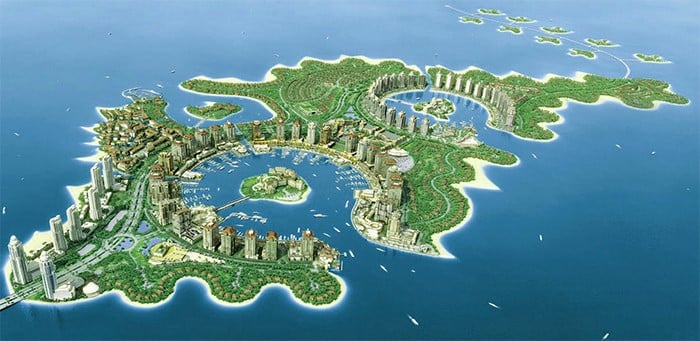
$15 billion Artificial Island – The Pearl, located in Qatar
Extreme Physics Challenges
- Terraforming Planets – Developing the formula for recreating human-friendly earth-like environments on other planets and moons.
- Mass Energy Storage – Storing power from one day to the next is still far too inefficient. Think in terms of cities having a 2-week power reserve at all times.
- Controlling Gravity – The single greatest force of nature is gravity, yet we know very little about it.
- Sending a Probe to the Center of the Earth – We currently know very little about the center of the earth.
- Controlling Time – Many possibilities such as manipulating time in short intervals, soas to know something 5-10 minutes before it happens.
- Viewing the Past – How can we create a technology capable of replaying an unrecorded event that happened decades earlier in actual-size, in holographic form?
- Instant Disassembling of Matter – Think in terms of a process where large boulders can be instantly disassembled into a pile of molecules, simply by breaking all the molecular bonds.
- Whole Earth Genealogy Project – Automated project that scans DNA and builds a map of today’s genealogy, adding to it the efforts of past genealogies to create a grid map of plants, animals, and humanity.
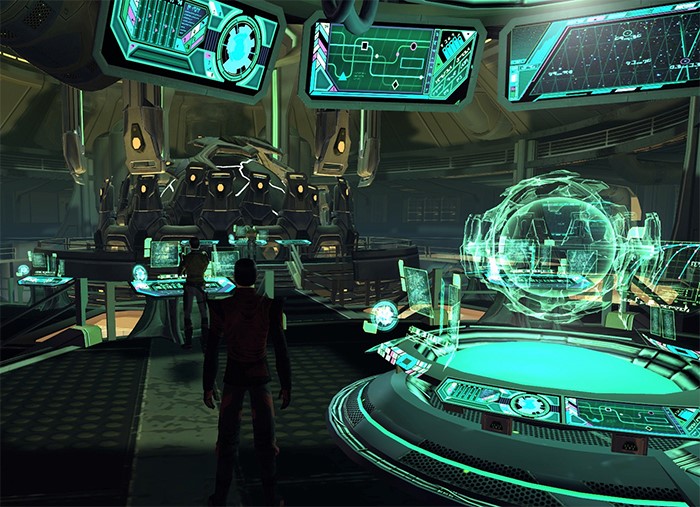
When the data of the world is at your fingertips
Extreme Data Megaprojects
- The Billion-Cam Video Project – What would it take to get people to connect 1 billion video cameras to the Internet? How will this change the world?
- Whole Earth Law Project – Very few countries have their laws posted in a central repository.
- World’s First Billion Internet of Things Operating System –
- Global Elections – When will we see the first global election with over 500 million people voting from over 50 different countries?
- World’s First Billion Sensor Network –
- Global Language Archive – Over 500 languages have less than 10 people currently speaking the language.
- World’s First Billion Drone Operating System –
- Global Intellectual Property System – Including patents, copyrights, and trademarks.
Solving the Human Equation – No person should ever die. If we can fix human aging, repair accidents, cure diseases and modify deviant behavior, people no longer need to die. Is that our goal? And if not, why not?
- Curing Cancer
- Curing Diabetes
- Curing Heart Disease
- Curing Suicide
- Curing Human Aging
- Cloning or Printing Humans
- Curing Deviant Behavior
- Creating Super Humans

The 790 feet tall statue of Sardar Patel will soon be the tallest in the world
Creating the world’s largest statue
India has started to build the world's tallest statue, the Statue of Unity. It will be a 790 feet tall tribute to Sardar Patel. By comparison, Crazy Horse Monument in Custer, South Dakota, which has been under construction for nearly 70 years, is only 564 feet tall.
Sardar Vallabhbhai Patel (or just Sardar, which means Chief) was the first Home Minister (the head of the Ministry of Home Affairs) and Deputy Prime Minister of post-independence India from 15 August 1947 to his death in December 15,1950.
Final Thoughts
In the past, megaprojects like the Pyramids in Egypt or the Great Wall of China became a lasting testament to human accomplishment simply because of the incredible amounts of human labor involved in the undertaking. But today it’s far more about the size, money and significance of the project.
As I travel around the world, it’s hard to miss the sheer number of construction projects happening in every major city. If we only read newspaper headlines, it would appear megaprojects are primarily taking place in China and Dubai, but there are hundreds more that haven’t gotten nearly as much attention.
If we do increase our infrastructure spending to $9 trillion per year as Parag Khanna suggest, megaprojects will rise in importance from roughly 8 percent of global GDP to close to 24 percent factoring in all the spinoff economies.
Over the coming decades, we will begin the transition to megacity cultures, lifestyles, and economies. Megacities themselves will become more important than the countries they reside in. With megaproject spending reaching unprecedented levels, any failures will have far reaching implications.
If your city, region, community, or country is not working on its own mega projects, it will certainly be left behind.






















